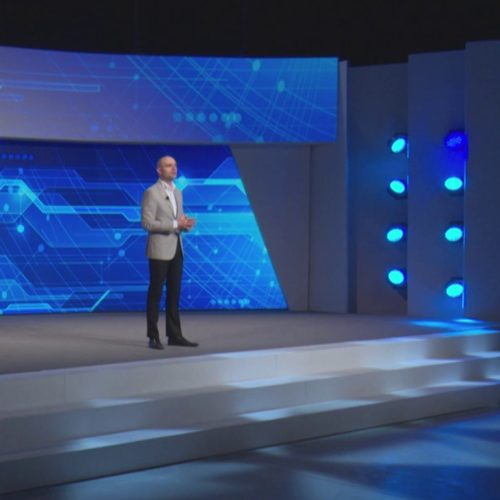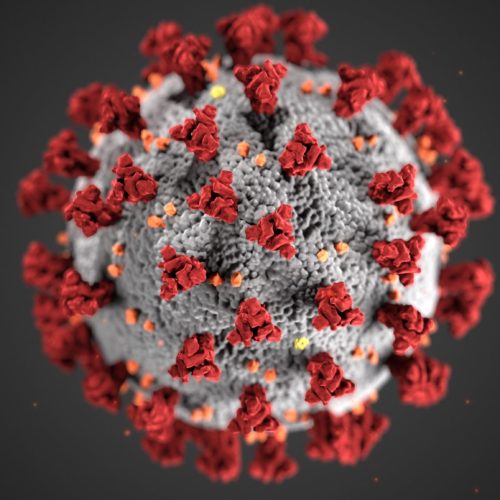Love and Sex with Robots: The Next Step of the Relationship between Man and Machine?
 Back in 2007, computer chess programming guru David Levy wrote a provocative book about robot-human relations entitled Love and Sex with Robots: The Evolution of Human-Robot Relationships. In it he made a number of bold predictions regarding future relations between humans and machines, the most surprising of which being that we would fall in love with robots.
Back in 2007, computer chess programming guru David Levy wrote a provocative book about robot-human relations entitled Love and Sex with Robots: The Evolution of Human-Robot Relationships. In it he made a number of bold predictions regarding future relations between humans and machines, the most surprising of which being that we would fall in love with robots.
Fast forward 4 years (and almost 3 Moore’s Law cycles) and it seems as though his predictions are no nearer coming true than they were when he made them. David Hanson’s skin has gotten more realistic and more people know about Hiroshi Ishiguro’s real looking androids, but many important developments stand in the way of our considering robots something we could one day fall in love with.
So what’s standing in the way of our moving more quickly toward robots as companions?
In an interview with Levy earlier this year, Dr. Kim Solez inquires into what obstacles there are in creating the robots envisioned in Love and Sex with Robots.
Perhaps surprising, Levy doesn’t think there are any real psychological obstacles in the way of our making robots our romantic companions. In fact, he thinks, “It’s almost entirely a question of investment.”
He explains:
“Up until now, most of the interest in robot-human relations has come from Japan and it’s well known that the Japanese government is facing a massive social problem in coming decades because of the percentage of its population that will at an age where they will need a lot of care and there simply won’t be enough people to provide that care. And so the Japanese governments decided some years ago that the answer lay in developing robots, ‘carer robots’ to look after the elderly. I think that this is the main effort in the world in this direction and I’m sure that it will come to fruition because the problem faced by the Japanese government certainly won’t go away and their desire to implement the solution is really firm.”
There are two other financial trends outside of Japan that will contribute. For one, other major countries will become large investors:
“There are also some other major advancements I think that will be made that will encourage people to work more on human-robot relations. One is the fact that Korean government has decided that they want to have a robot in every home. And I think when you look at what’s going on in Japan and what’s going on in Korea it’s not difficult to extrapolate and assume that the Chinese will decide that robots are a good thing as well. So I think that all of this effort that’s going on in the far east will lead to a very dramatic increase in interest in robot friends, robot carers, robot partners and human-robot relationships in general.”
The other major component is the investment capital going into gaming and other ‘personality’ computer interfaces:
“The other trend that I think we’re seeing already is that many of the computer applications that we see now a days in games and other spheres involved having some kind of personality in the computer. And that again is another feature that will be necessary in robots that humans become friends with.”
He is fairly optimistic about the progress being made towards robot-human love:
“So I think that all trends are moving in the right direction, but it just hasn’t yet reached a critical mass, but as the investment is continuing at the government level, I think it inevitably will.”
Generational turnover is another key aspect in the development of ‘robot-human’ bonding. Levy points out the significance of ‘growing up with robots,’ arguing that the next generation will find the idea far less objectionable.
Some progress has been made in making animated sex robots. At last year’s Adult Entertainment Expo, Douglas Hines, founder of True Companion LLC, presented Roxxxy, a sex robot that is said to have an interactive body and personality. However, Hines’ robot isn’t capable of very much and Hines hasn’t done very well with Roxxxy.
It seems there is more to the story than Levy’s perspective entails, but perhaps not.
Justyna Zander of the Singularity University thinks that relationships with early robots could be compared to relationships with psychopaths in that they would show no real empathy or regard. Empathy is arguably the most crucial component of love and sex in human relationships.
But even if we reach a day where machines are thought to be as conscious as we are, and hence, in theory, capable of empathy, would there not still be some psychological barrier to falling in love with a machine, no matter how human it seemed?
Could this really be the future?
As counter-intuitive human-robot relationships might seem today, there are many reasons to think that love and sex with robots will happen. Robots are already better in math, logic, chess, jeopardy and many other activities. Is it not probable that eventually, as Levy says, a robot companion will provide much more than a human companion in every conceivable way?
About the Author:
N ikki Olson is a writer/researcher working on an upcoming book about the Singularity with Dr. Kim Solez, as well as relevant educational material for the Lifeboat Foundation. She has a background in philosophy and sociology, and has been involved extensively in Singularity research for 3 years. You can reach Nikki via email at [email protected].
ikki Olson is a writer/researcher working on an upcoming book about the Singularity with Dr. Kim Solez, as well as relevant educational material for the Lifeboat Foundation. She has a background in philosophy and sociology, and has been involved extensively in Singularity research for 3 years. You can reach Nikki via email at [email protected].








